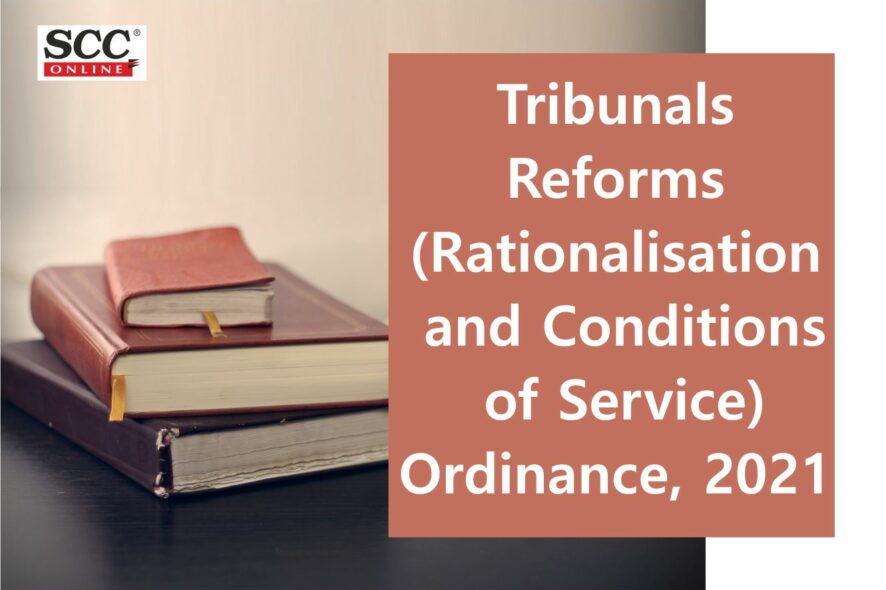On April 4, 2021, the President has promulgated the Tribunals Reforms (Rationalisation and Conditions of Service) Ordinance, 2021 effective immediately. The Ordinance seeks to dissolve several appellate bodies and transfer their functions to judicial bodies. These acts include, the Cinematograph Act, 1952, the Customs Act, 1962, the Airports Authority of India Act, 1994, the Trade Marks Act, 1999 and the Protection of Plant Varieties and Farmers’ Rights Act, 2001 and certain other Acts. Key changes introduced to various statues are discussed below:
Cinematograph Act
The Appellate Tribunal, which had to power to hear appeals from the censor board, has been dissolved and the concerned High Court shall replace the work of the Tribunal.
Copyright Act
The ordinance has dissolved the Appellate Board under the Copyright Act, which heard appeals against orders of the Registrar of Copyrights and is substituted by Commercial Courts, defined as below under the ordinance:
“Commercial Court, for the purposes of any State, means a Commercial Court constituted under section 3, or the Commercial Division of a High Court constituted under section 4 of the Commercial Courts Act, 2015.”
Customs Act, 1962
The ordinance has abolished the appellate authority and has been replaced by the concerned High Court. The power to hear appeals against decisions of the Customs Authority for Advance Rulings is now vested with the High Court.
Patents Act, 1970
The ordinance has abolished the Appellate Board under the Act. The Appellate Board was empowered to hear appeals against decisions, orders or directions of the Controller General of Patents, Designs and Trade Marks or the Central government. This power is now vested with the High Court.
Airports Authority of India Act, 1994
The ordinance has abolished the Airport Appellate Tribunal which was empowered to hear appeals against orders of the eviction officer. This power is now vested with the High Court.
Trade Marks Act, 1999
The ordinance has abolished The Intellectual Property Appellate Board (IPAB) for hearing trade mark case-appeals. The power of IPAB has been transferred to the High Court. Hence, appeals against the decision of the Registrar of Trade Marks would now lie to the High Court instead of IPAB.
Geographical Indications of Goods (Registration and Protection) Act, 1999
The Appellate Board under this Act has been replaced by the High Court.
Protection of Plant Varieties and Farmers’ Rights Act, 2001
The ordinance has abolished the Plant Varieties Protection Appellate Tribunal established under Section 54 of the Act. It was empowered to hear appeals against decisions of the Protection of Plant Varieties and Farmers’ Rights Authority and the Registrar of Plant Varieties Registry. This power is now vested with the concerned High Court.
Control of National Highways (Land and Traffic) Act, 2002
The Airport Appellate Tribunal was empowered to hear appeals under this Act which has been transferred to the principal Civil Court of original jurisdiction in a district, which includes the High Court in exercise of its ordinary original civil jurisdiction.
Finance Act 2017
The ordinance has limited the tenure of a chairperson or member in a tribunal to four years in a new subsection (11) introduced under Section 184 of the Finance Act, 2017. This new sub-section reads as follows:
“(11) Notwithstanding anything contained in any judgment, order, or decree of any court or any law for the time being in force, —
(i) the Chairperson of a Tribunal shall hold office for a term of four years or till he attains the age of seventy years, whichever is earlier;
(ii) the Member of a Tribunal shall hold office for a term of four years or till he attains the age of sixty-seven years, whichever is earlier:
Provided that where a Chairperson or Member is appointed between the 26th day of May, 2017 and the notified date and the term of his office or the age of retirement specified in the order of appointment issued by the Central Government is greater than that which is specified in this section, then, notwithstanding anything contained in this section, the term of office or age of retirement or both, as the case may be, of the Chairperson or Member shall be as specified in the order of appointment subject to a maximum term of office of five years.”
Further, Section 184 has also been substituted by a new Section 184, revising qualifications for appointment as Chairperson and members of a tribunal. The ordinance also discusses the creation of a selection committee for appointing the Chairperson and members of tribunals.
*Tanvi Singh, Editorial Assistant has put this story together.






